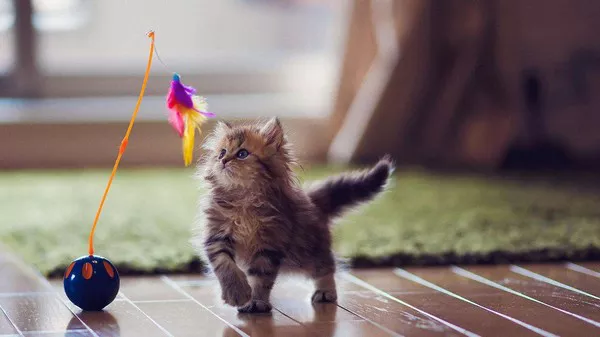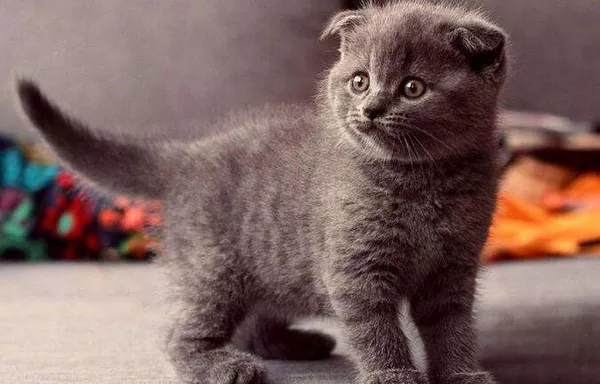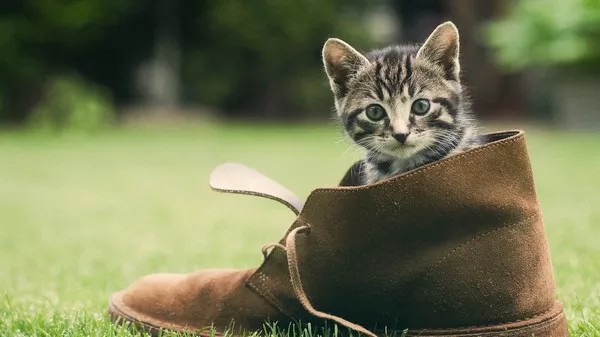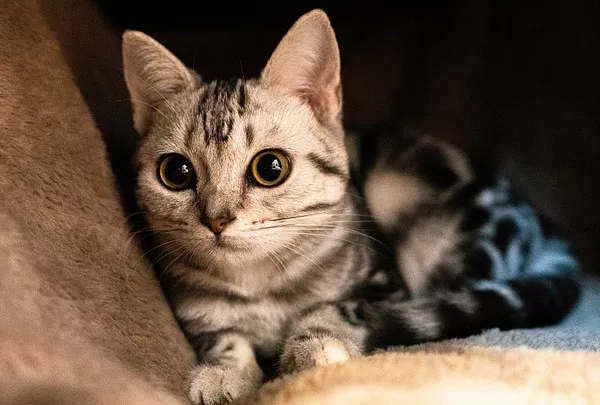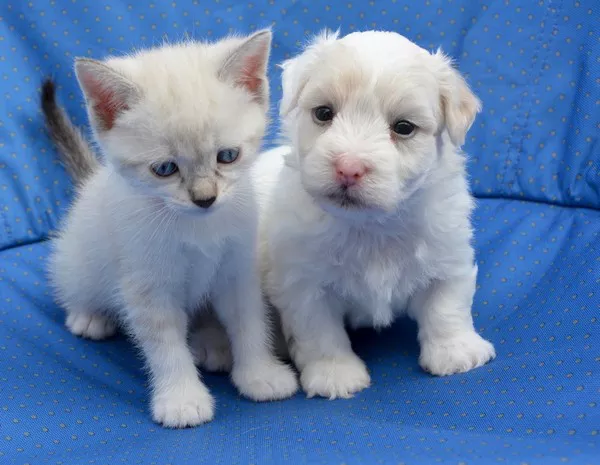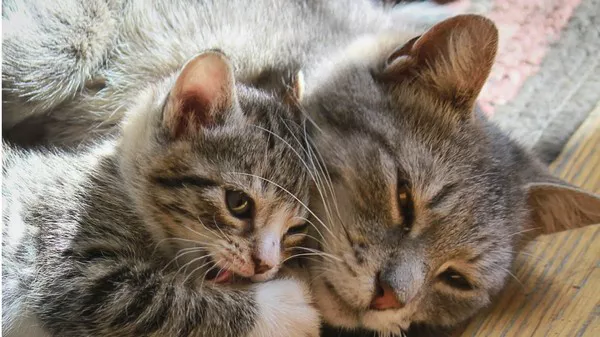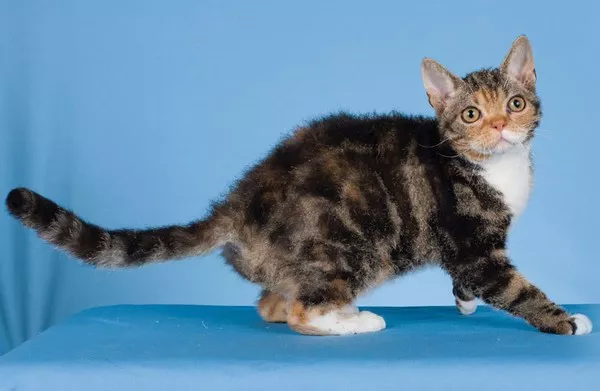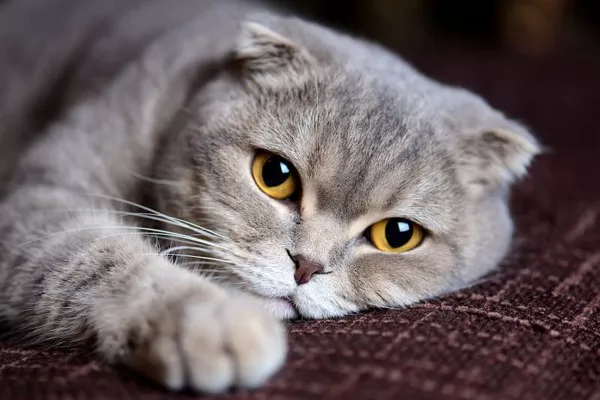Abyssinian cats are a popular breed among cat lovers due to their unique personalities and striking physical appearance. However, many cat owners wonder whether Abyssinian cats get cold easily or not. In this article, we will discuss the factors that can influence an Abyssinian cat’s susceptibility to cold temperatures.
The Abyssinian Cat’s Natural Coat
Abyssinian cats have a short, dense coat that is relatively easy to maintain. Their fur is soft and silky, with a distinctively banded pattern that creates a “ticked” appearance. This type of coat provides good insulation against moderate temperatures, but it may not be enough to keep them warm in very cold weather.
- Coat Thickness: One factor that determines how well an Abyssinian cat can handle the cold is the thickness of its coat. A thicker coat can provide better insulation, trapping heat close to the body and preventing it from escaping. Thinner coats may not be as effective at keeping warmth in, leaving the cat susceptible to chilly temperatures.
- Coat Length: Another aspect to consider is the length of the Abyssinian cat’s coat. Short coats tend to be less insulating than longer coats, which may help to protect against the cold. However, excessive length can also make grooming more difficult, so there is a balance to be struck.
- Coat Color: The color of an Abyssinian cat’s coat can also influence its ability to cope with cold weather. Darker shades, such as black or brown, tend to absorb more heat from the sun, making them warmer overall. Lighter colors, like cream or white, reflect more light and can feel cooler in direct sunlight.
The Abyssinian Cat’s Activity Level
Another factor that affects whether an Abyssinian cat gets cold easily is how active it is. Cats that are highly active tend to generate more body heat than those that are sedentary, which can help to keep them warm in cooler environments.
- Exercise: Regular exercise and playtime can help to keep an Abyssinian cat’s body temperature up, especially if they are engaging in activities that get their heart rate up. Indoor cats may benefit from toys like laser pointers or interactive puzzle feeders, while outdoor cats will naturally find opportunities for exercise by exploring their surroundings.
- Resting Habits: Conversely, cats that spend most of their time sleeping or lounging may not generate as much heat, making them more susceptible to feeling cold. Providing a comfortable, warm sleeping area can help to mitigate this issue, as can encouraging cats to be active during the day.
The Abyssinian Cat’s Living Environment
The final factor that impacts whether an Abyssinian cat gets cold easily is its living environment. This includes both indoor and outdoor spaces, as well as any heating or cooling systems that are present.
- Indoor Temperature: In general, indoor temperatures should be kept between 65 and 75 degrees Fahrenheit for optimal comfort. If the temperature drops below this range, an Abyssinian cat may start to feel chilly and seek out warmer spots in the house. Keeping windows and doors closed can also help to regulate indoor temperatures.
- Outdoor Protection: For cats that spend time outside, providing shelter can be crucial to their well-being in colder weather. This might include a specially designed outdoor enclosure or simply a covered porch. Additionally, providing warm bedding or even a heated cat bed can offer extra warmth, especially at night.
- Heating & Cooling Systems: Finally, any heating or cooling systems present in the home should be checked regularly to ensure they are functioning properly. Cats that are accustomed to living in a consistently warm environment may have a harder time adjusting to sudden changes in temperature, so maintaining a stable climate is important.
In conclusion, while Abyssinian cats do have a relatively thick coat that provides some insulation against the cold, they can still be susceptible to feeling chilly in certain situations. Factors such as coat thickness and activity level can impact their ability to cope with colder temperatures, as can their living environment. By providing appropriate shelter, bedding, and exercise opportunities, cat owners can help their Abyssinian cats stay comfortable and cozy even when the weather turns cold.
Recommended reading:


